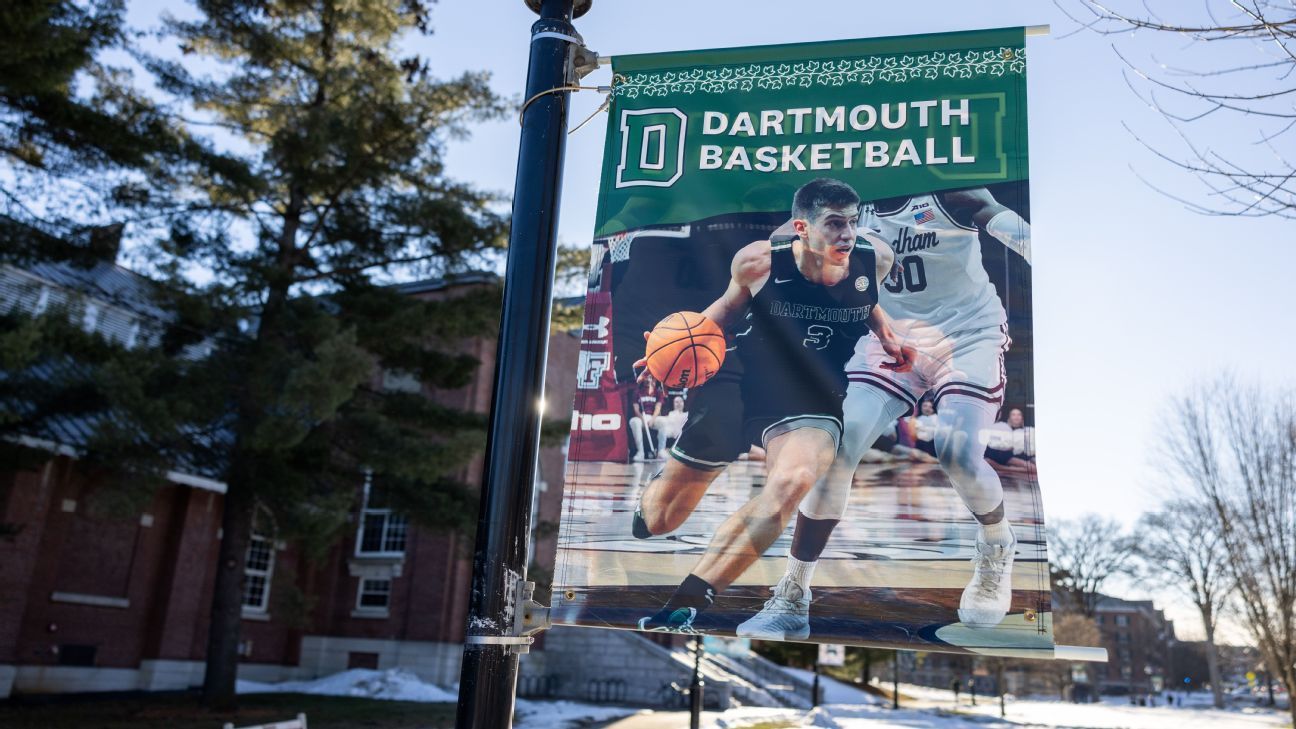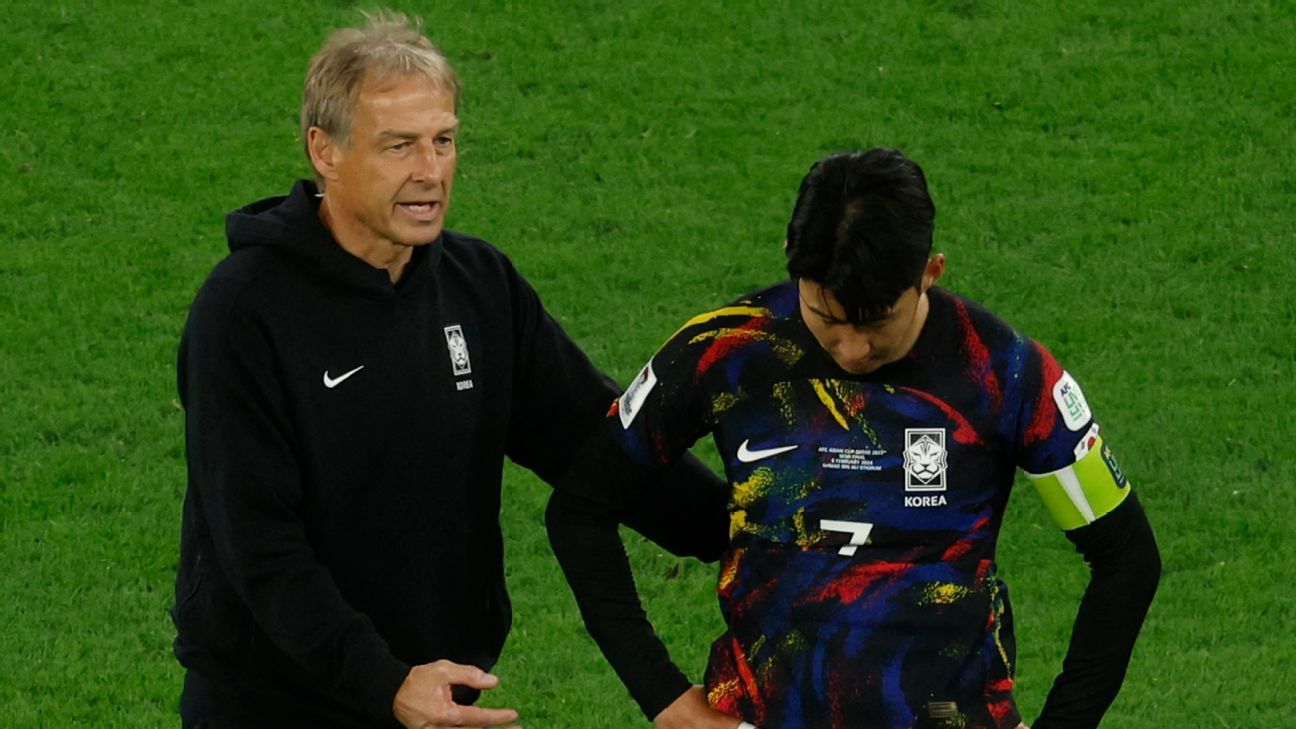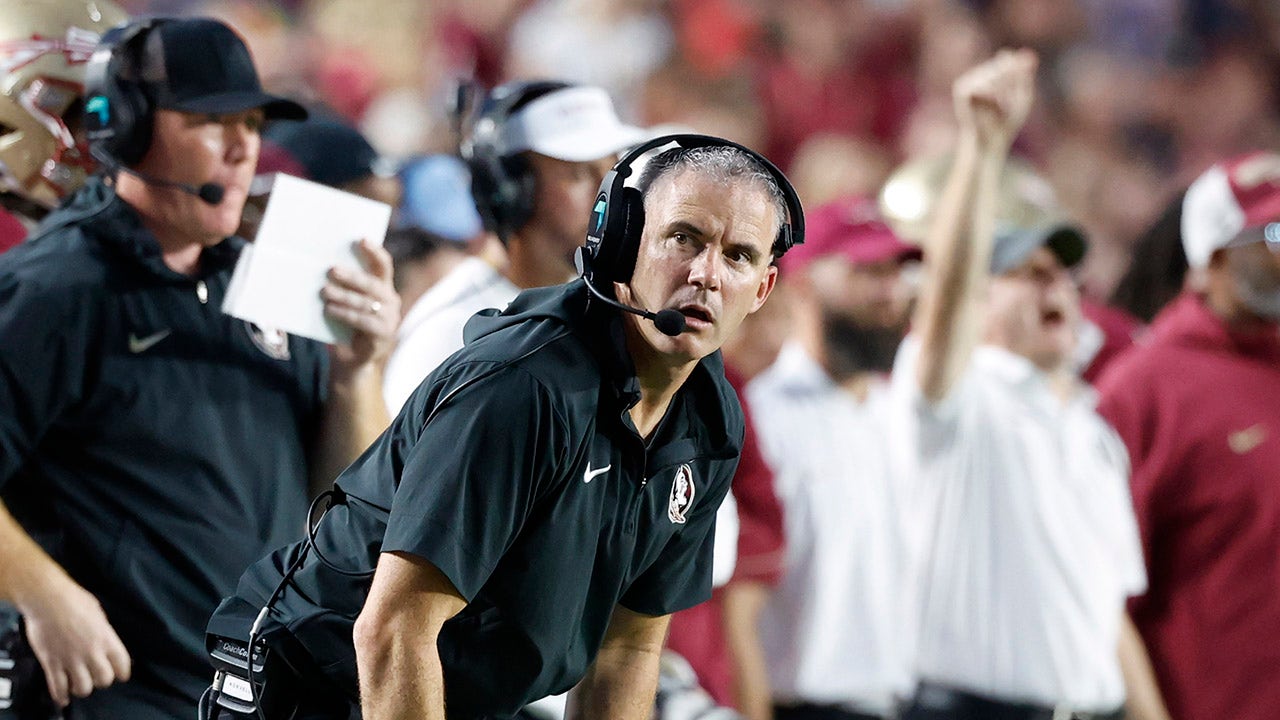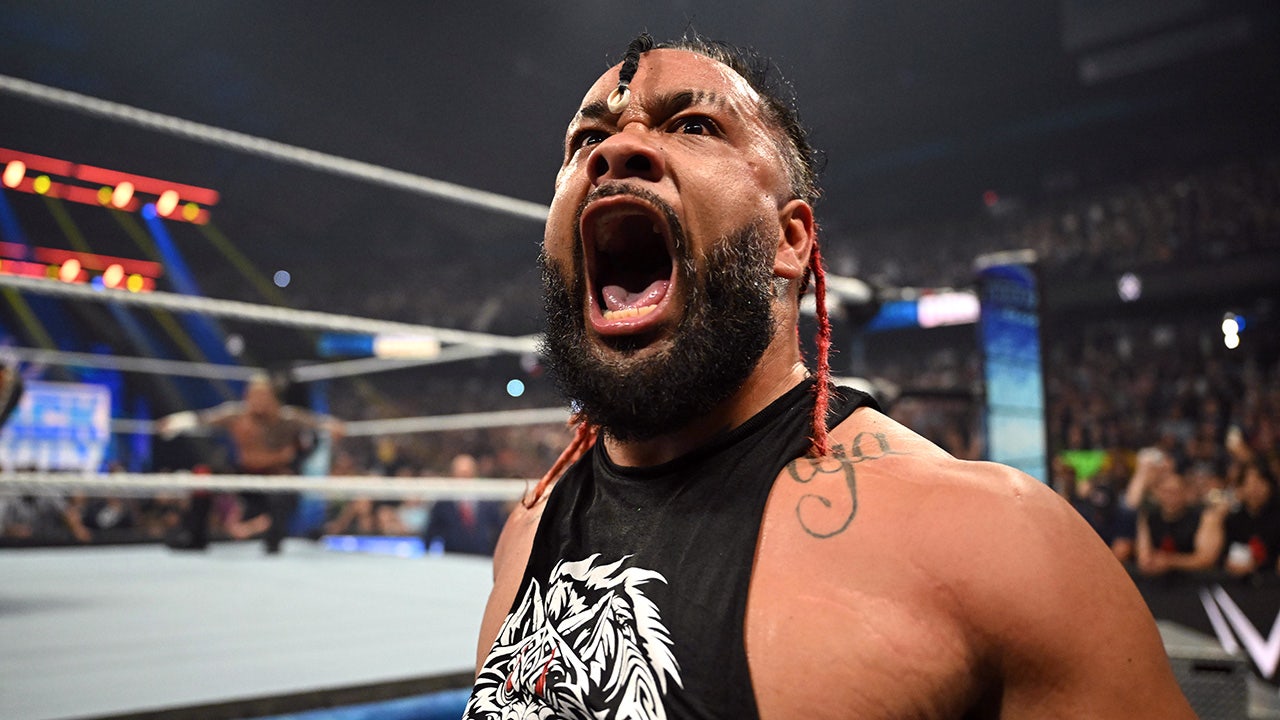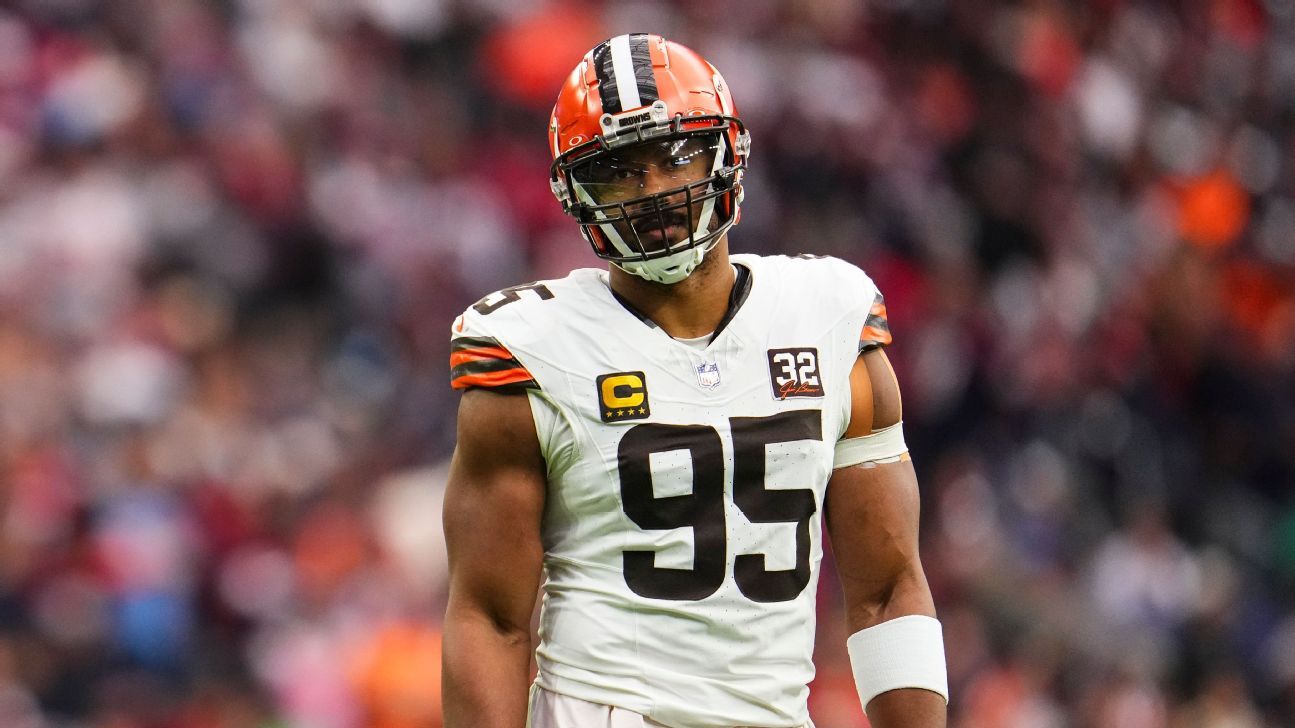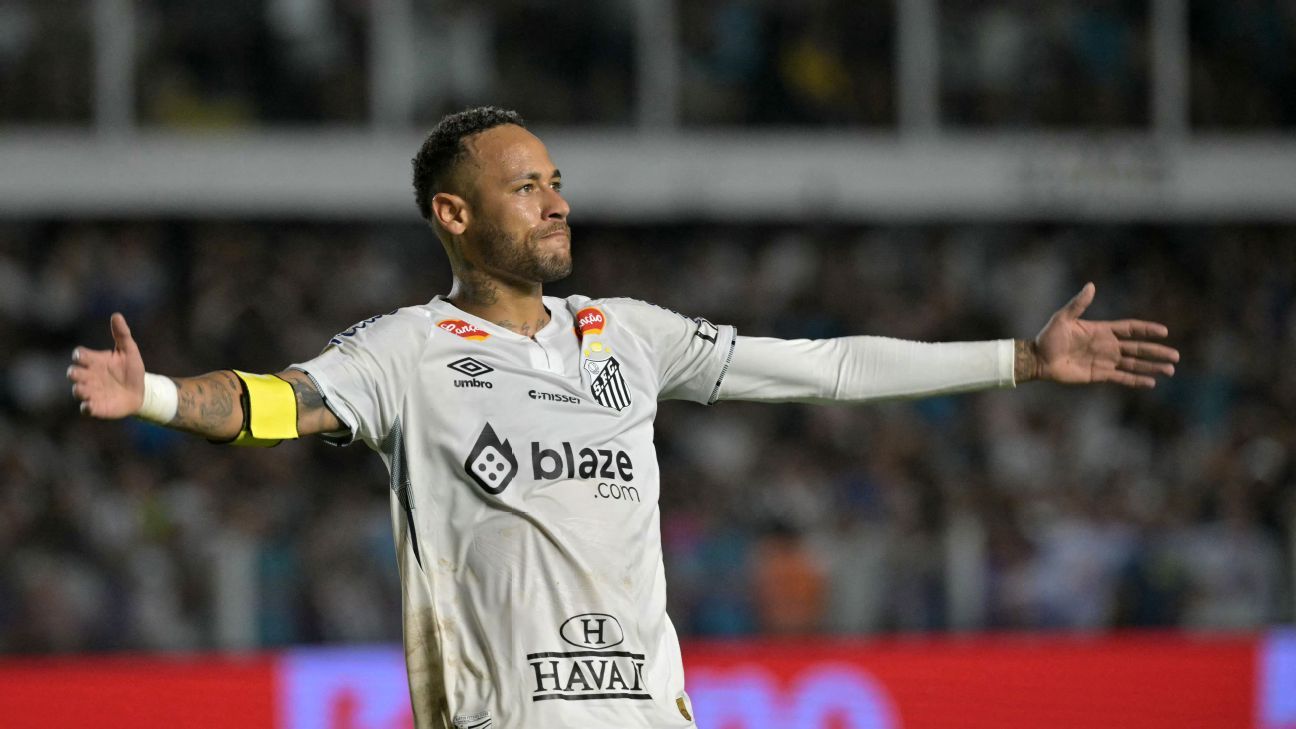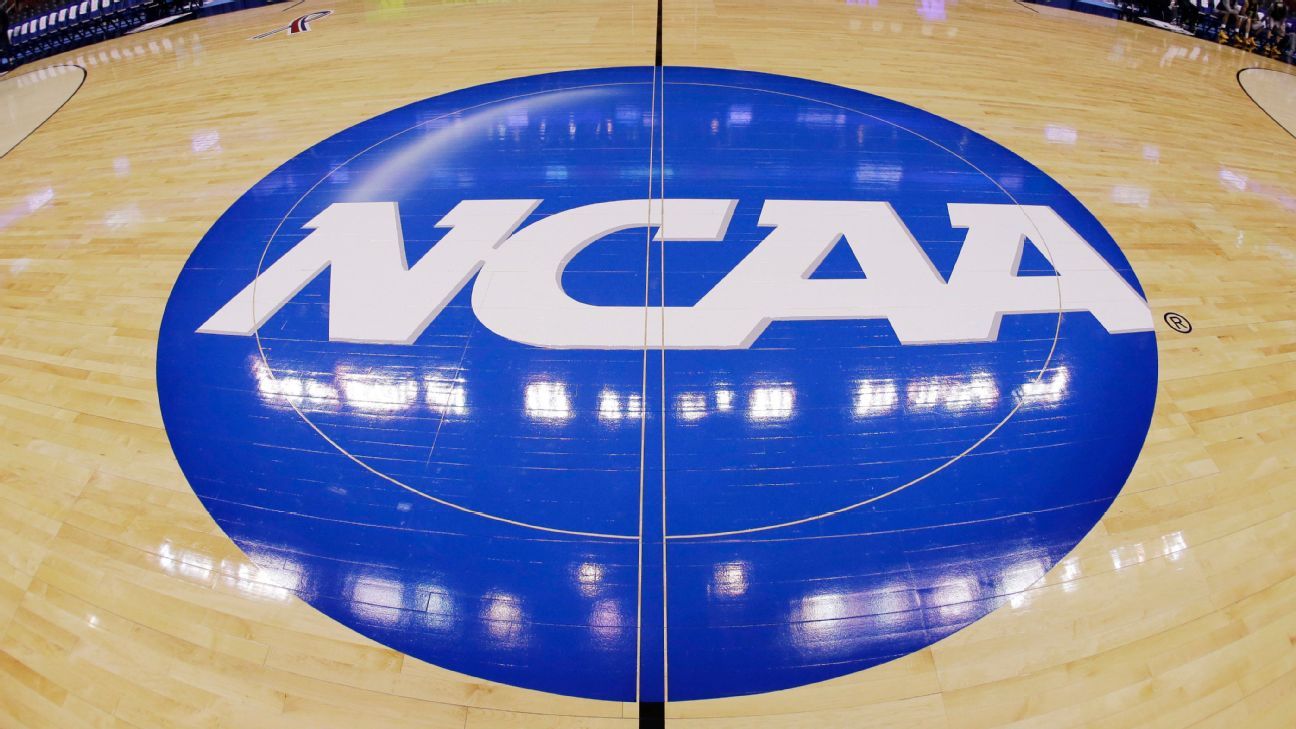CAMBRIDGE, Mass. — The two Dartmouth players working to unionize their basketball team say other athletes, both on campus and from other Ivy League schools, have reached out to see if they can join the effort.
Romeo Myrthil and Cade Haskins said Saturday they have been bombarded with messages on social media since a National Labor Relations Board official ruled this week that Big Green players are school employees with the right to form a union.
“You have to keep it low-key, especially in the early stages,” Haskins said after Dartmouth played Harvard in its first game since the ruling. “But everyone is very curious and sees the opportunity for real change in the future with what we have started to do.”
Although the NCAA has long maintained that players are “student-athletes” who go to school primarily to study, college sports have become a multibillion-dollar industry that handsomely rewards coaches and schools, while players They are still unpaid amateurs.
Recent court decisions have undermined that model, and athletes are now allowed to profit from their name, image and likeness. On Monday, an NLRB official further damaged the NCAA model by agreeing with Dartmouth basketball players that they were employees of the school and therefore had the right to unionize.
Speaking with two reporters after the game, a 77-59 Harvard victory, Myrthil and Haskins said they remain committed to including other teams and schools in the effort. Following the ruling, they announced plans to form an Ivy athletics union to represent athletes across the conference.
“We want to try to expand it to an Ivy League Players Association, because that's the one we invest in the most,” Myrthil said. “But if other teams are interested, we would be interested too.”
Myrthil and Haskins said they were practicing when the decision was announced and, despite an avalanche of attention during the week, were not distracted ahead of Saturday's game. They said there was no union discussion with the Harvard players during or after the game.
“The focus is always on basketball,” Myrthil said. “That doesn't really change. Of course it's a great decision. You're happy that all this time you put into this is paying off a little bit. But [doesn’t] change that.”
A college athletes union would be unprecedented in American sports. An earlier attempt to unionize Northwestern's football team was thwarted because the Wildcats play in the Big Ten, which includes public schools that are not under the jurisdiction of the NLRB.
That's why the NCAA's biggest threat doesn't come from one of the deep-pocketed football programs like Alabama or Michigan, which in many ways are indistinguishable from professional sports. Instead, it's in the academically oriented Ivy League, where players don't receive athletic scholarships and teams play before sparse crowds, like the 1,636 people at Harvard's Lavietes Pavilion on Saturday.
(NCAA President Charlie Baker, a former Harvard basketball player and governor of Massachusetts, often attends Crimson games, but was not present.)
Through a spokesman, Dartmouth coach David McLaughlin declined to comment Saturday on the unionization effort. Harvard coach Tommy Amaker said in a statement: “I'm not sure what this all means, but I'm sure he'll find his way and we'll figure it out.”
Myrthil and Haskins aren't quite sure how things will work out either. Dartmouth has indicated that it will ask the full NLRB to review the regional director's decision; that body is made up of a Republican appointee and three Democrats (one of them, David Prouty, is a former attorney for the Service Employees International Union and former general counsel of the Major League Baseball Players Association).
The basketball team has scheduled union elections for March 5. All 15 members of the team signed the initial petition asking to be represented by SEIU, which already represents some Dartmouth workers. Myrthil said he had no reason to expect anything different when players vote.
Even with a favorable decision from the full NLRB, Dartmouth could take the case to federal court, which could drag it out for years. Haskins and Myrthil, both juniors, said they understand the effort might not ultimately benefit them.
“We have teammates here who we all love and support,” Myrthil said. “And whoever comes into the Dartmouth family is part of our family. So we will support them as much as we can.”

